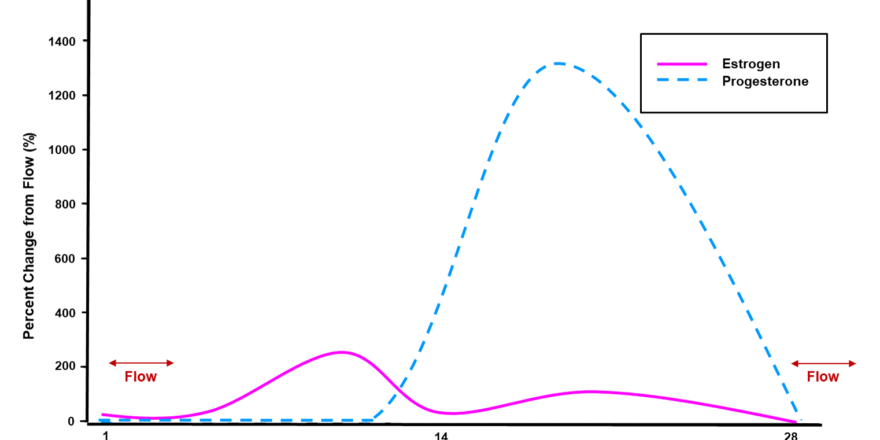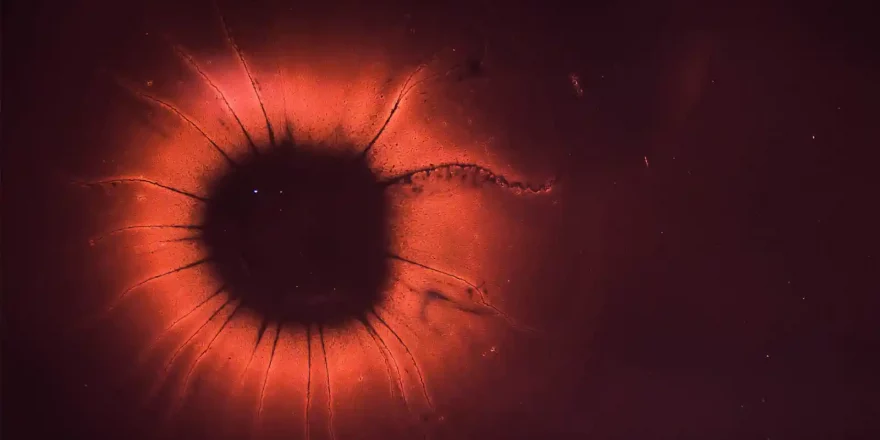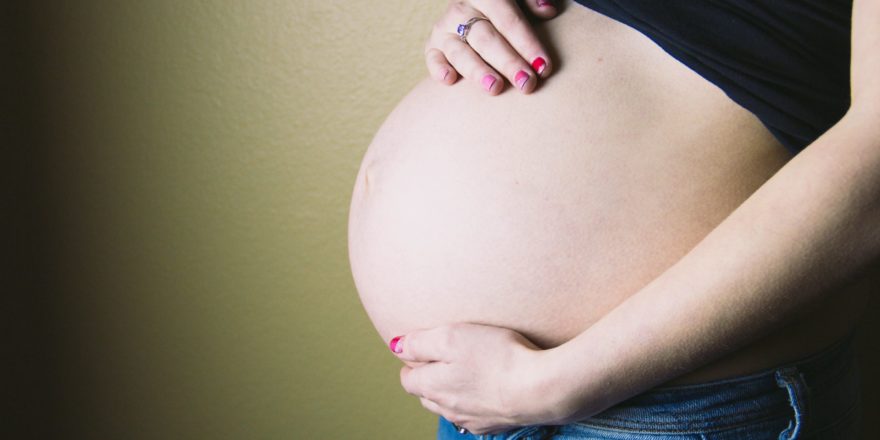Ethnicity and genetic predispositions to a wide range of conditions and abilities affect us all, and there are clear interactions between ethnicity and polycystic ovary syndrome (PCOS), as well as the influence of lifestyle and diet on the condition.
Despite much research, no specific genes for PCOS have been found, but the daughters and sisters of women with PCOS are far more likely to have the condition themselves. This could reflect lifestyle as much as genetic predisposition, but there are significant differences in PCOS rates around the world and between ancestral populations.
Diets have generally become more Northern European around the world, with more grains and dairy products than other diets traditionally have. This shift in dietary habits has significantly affected the health and PCOS rates of non-Caucasian groups of women.
Most ethnicities haven’t evolved to cope with the high carbohydrate and sugar content of the Northern European diet, and many non-Europeans have historically adapted to thrive on high-fibre, low-carbohydrate diets. The relatively sudden change to high carbohydrate diets presents a massive challenge to their core metabolism.
If changes in diet are combined with a sedentary lifestyle and high-sugar snacks and drinks, it makes non-Caucasian ethnic groups extremely vulnerable to PCOS. There are clear patterns in how PCOS affects women of different ethnic origins compared to Caucasian women with PCOS. Abnormal hormone levels and weight patterns affect women from various ethnic groups with PCOS differently:
Ethnicity and PCOS symptoms
| Hirsutism | Androgens | SHBG | DHEA levels | |
|---|---|---|---|---|
| East Asian | Less | No-Change | No-Change | No-Change |
| South Asian | More | Higher | Lower | No-Change |
| Black | No-Change | No-Change | Lower | Lower |
| Hispanic | More | No-Change | Lower | Lower |
| Medit’nean | More | No-Change | No-Change | Higher |
| Obesity | Abdom fat | BMI | Insulin Resist | |
|---|---|---|---|---|
| East Asian | Less | More | Lower | No-Change |
| South Asian | Less | More | Lower | More |
| Black | More | No-Change | Higher | More |
| Hispanic | More | No-Change | Higher | More |
| Medit’nean | No-Change | No-Change | No-Change | More |
There are distinct differences in how PCOS affects women from different ethnic groups: i
- East Asian women tend to have higher levels of polycystic ovary morphology (as separate from PCOS). They also tend to have a lower BMI and milder signs of high testosterone levels. However, although they tend to be less obese, they have more abdominal fat and the highest rate of metabolic syndrome. ii
- South Asian women have an exceptionally high rate of insulin resistance and metabolic syndrome, which increases their risk of Type 2 diabetes. Central obesity is more significant for them than their BMI, which connects to their greater risk of metabolic syndrome. iii
They also tend to have more issues with hirsutism and experience the condition at an earlier age than other groups. Insulin resistance for this group also tends to be more severe than in Caucasian women with PCOS.
- African American and Hispanic women with PCOS are more likely to be obese and are the ethnic groups most prone to metabolic problems. Of the two, Hispanic women are most likely to have higher testosterone levels and metabolic problems. iv
- Women of Middle Eastern and Mediterranean origin with POCS are more likely to experience excessive hair growth.
- Caucasian women with PCOS are more likely to have hirsutism than Asian women with PCOS.
Understanding the interplay between ethnicity and PCOS is important, and women of different ethnic origins have different challenges. Being able to recognise what they are is helpful and offers insight into how to avoid and reverse the condition.
i Sendur SN, Yildiz BO. Influence of ethnicity on different aspects of polycystic ovary syndrome: a systematic review. Reprod Biomed Online. 2021 Apr;42(4):799-818. doi: 10.1016/j.rbmo.2020.12.006. Epub 2020 Dec 16. PMID: 33487557.
ii Zhao Y, Qiao J. Ethnic differences in the phenotypic expression of polycystic ovary syndrome. Steroids. 2013 Aug;78(8):755-60. doi: 10.1016/j.steroids.2013.04.006. Epub 2013 Apr 25. PMID: 23624030.
iii Huang Z, Yong EL. Ethnic differences: Is there an Asian phenotype for polycystic ovarian syndrome? Best Pract Res Clin Obstet Gynaecol. 2016 Nov;37:46-55. doi: 10.1016/j.bpobgyn.2016.04.001. Epub 2016 May 18. PMID: 27289337.
iv Engmann L, Jin S, Sun F, Legro RS, Polotsky AJ, Hansen KR, Coutifaris C, Diamond MP, Eisenberg E, Zhang H, Santoro N; Reproductive Medicine Network. Racial and ethnic differences in the polycystic ovary syndrome metabolic phenotype. Am J Obstet Gynecol. 2017 May;216(5):493.e1-493.e13. doi: 10.1016/j.ajog.2017.01.003. Epub 2017 Jan 16. PMID: 28104402; PMCID: PMC5420474.




